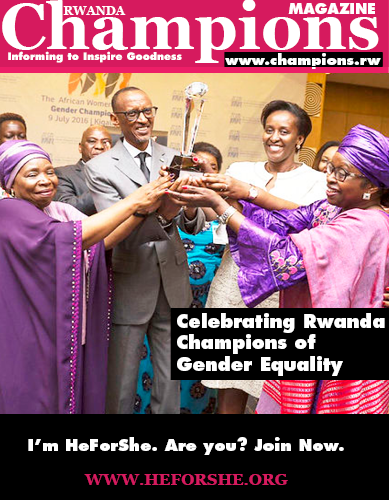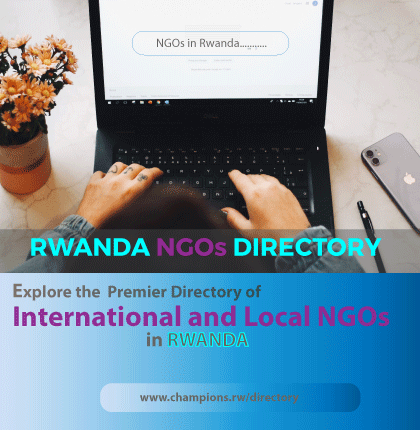Japan Helps Build Rwanda Center for Children With Special Needs
Japan has provided a grant of $89,000 to support the construction of a new facility for children with intellectual (…)

Rwanda’s disability rights organizations say the national budget remains inadequate to meet the needs of people with disabilities, despite some progress in education and social protection.
The Association of Persons with Disabilities in Rwanda (AGHR) said on Thursday that allocations for disability-related programs in the 2024/2025 fiscal year remain limited, especially in health and infrastructure.
A new AGHR study shows that funding for accessibility in public buildings fell from 12% in 2023/2024 to 11% this year. The government allocated Rwf 67.9 billion ($53 million) for housing and state property projects benefiting people with disabilities. In health, funding dropped from Rwf 19.6 billion to Rwf 18.6 billion.
Education saw increases, with Rwf 43.8 billion earmarked for inclusive schooling. Districts nationwide allocated Rwf 505.9 billion for special-needs education, while the City of Kigali set aside Rwf 32.5 billion for education, Rwf 9.7 billion for health, and nearly Rwf 1.9 billion for social protection. Still, health allocations for districts plunged from Rwf 2.7 billion last year to Rwf 787.8 million.
Faustin Renzaho, AGHR’s executive director, urged stronger accountability. “AGHR’s inspection of 24 institutions in Kigali revealed accessibility standards remain very low, especially in schools, we ask that Rwanda’s construction laws be enforced, and that older buildings be upgraded so children with disabilities can study without barriers.”
Dr. Mukarwego Beth Nasiforo, who leads the National Union of Disability Organizations (NUDOR), said many districts allocate too little for essential services. “People with disabilities have many needs. When allocations are too low, many are left behind,” she said.
Murwanashyaka Everaste, who led the AGHR study, said persons with disabilities are often excluded from budget consultations. “Some districts receive large budgets but allocate as little as Rwf 12 million per year for disability programs,” he said, adding that no law requires institutions to earmark funds for disability.
The Ministry of Finance acknowledged the concerns but said inclusion is the responsibility of all sectors. “Every sector—health, education, agriculture—must show how allocations will address disability needs so no one is left behind,” said Pascasie Mukarukundo, a senior official.
Rwanda ratified the UN Convention on the Rights of Persons with Disabilities (CRPD) in 2008 and pledged under the Sustainable Development Goals to ensure inclusion by 2030. Advocates warn budget shortfalls could undermine those commitments.
Japan has provided a grant of $89,000 to support the construction of a new facility for children with intellectual (…)
People with disabilities in Rwanda are urging the government to ensure the nationwide rollout of digital national (…)
Rwanda will build five model schools for children with complex disabilities beginning in the 2026–27 academic year, (…)
The Rwanda National Union of the Deaf (RNUD) has urged the government to make sign language education accessible to (…)

